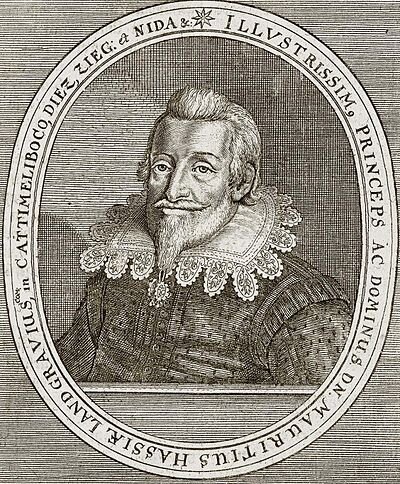What happens when you combine film and early music? This cool concept of Schütz' Resurrection cantata! Read the review and be sure to watch the video (embedded in the review).
Schütz' Rorate Caeli
The text of Rorate caeli is usually associated with the liturgical season of Advent, but this setting by Schütz seemed fitting given all the rain we've had in the Northeast this past week!
Heinrich Schütz
Faced with the reality of being a musician during a period of intense upheaval (and war), Schütz made the best of it by traveling for strategic study breaks in Venice and moving around to stable court positions. The help of Moritz, Landgrave of Hesse-Kassel didn't hurt either...
Musikalishe Exequien
Next up: Monteverdi, Gabrieli, Schein, and Schütz with Back Bay Chorale, including my perennial favorite, Schütz’ Musikalische Exequien! Read more below and then come hear the concert on Saturday night!
Moritz, Landgraf von Hesse-Kassel
This week’s Early Music Monday post comes from Kassel, Germany! Landgrave Moritz of Hesse-Kassel was patron to Heinrich Schütz and John Dowland (among others), built the first permanent theater in Germany, and liked to stir up religious controversy.

